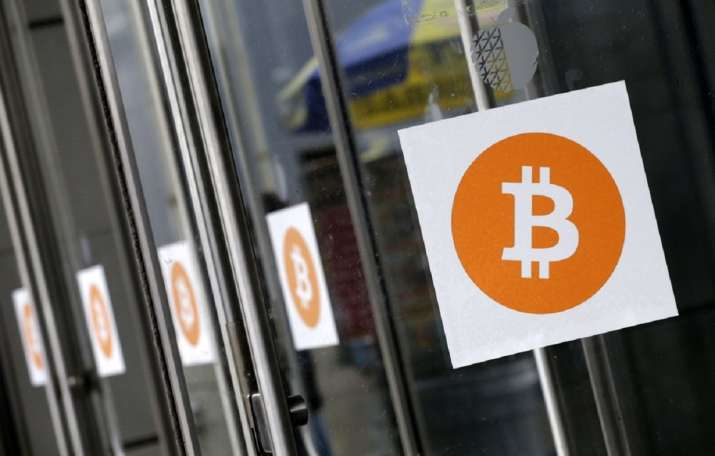
Cryptocurrency: 5 Questions Crypto Investors Are Asking the Government Before Possible Ban
As India prepares to introduce the much-awaited Cryptocurrency and Official Digital Currency Regulation Bill, 2021 in the ongoing winter session of Parliament, all eyes are on what will happen to investors’ hard-earned money after the ban on all private Will happen. Cryptocurrencies apply. Although Finance Minister Nirmala Sitharaman informed Parliament that the government has no proposal to recognize bitcoin as a currency, there are still many questions that the government needs to answer to investors. The bill will clear the stage for the government to ban all private cryptocurrencies with ‘certain exceptions’ and create a facilitating framework for the creation of an official digital currency to be issued by the Reserve Bank of India.
RBI has long maintained its strong views against cryptocurrencies, saying they pose a serious threat to macroeconomic and financial stability. Currently, there is no regulation or ban on cryptocurrencies in the country. According to a study conducted by the annual crypto spread index of portal BrokerChoose, there are around 100 million crypto investors in the country and a complete ban could shake up the entire crypto ecosystem. Therefore, it becomes important for the government to address the queries of the investors so that they do not lose their money.
5 big questions that the government must answer to crypto investors:
1. Private vs. Public Cryptocurrency: The government should inform investors about the difference between private and public cryptocurrencies. For now, there is talk that the government’s proposed bill will ban all private cryptocurrencies in the country. According to its Blockchain.com founder Hitesh Malviya, public cryptocurrencies are created and operated by a group of people, known as miners, validators or representatives. The supply of such cryptocurrencies is highly distributed, they do not depend on any central authority or organization. Important decisions are being taken based on the consensus of a group of people involved in governance. Private cryptocurrencies, on the other hand, are generally created and governed by a central authority or organization. The supply of these coins is not distributed fairly and the organizations behind these projects always keep a large percentage of the supply with them. Private cryptocurrencies carry the risk of market manipulation by insiders. In other words, private cryptocurrencies take a number of cryptographic measures to hide information. It provides users with a level of privacy that is not the case with their public counterparts. It can be traced back to when an investor makes a transaction using a public cryptocurrency.
2. Exit Route: What will happen to existing crypto investors in case of a complete ban. What would be the exit route and time frame for such investors? Kshitij Purohit, Lead Commodities & Currency, Capital Via Global Research, said that if the government imposes a complete ban, crypto investors will look for an alternative and will definitely look to the equity market. He added that the regulation is expected to move a large number of investors to secondary markets.
3. Regulation: Currently, there is no regulation on cryptocurrency. Therefore, the government’s concerns over the misuse of crypto for illegal activities, tax evasion, drug trafficking, terror acts, money laundering, hawala transactions and more are legitimate. This can become a serious threat to the national security and a major challenge to the security agencies in India. The government should tell investors through the bill how it will regulate crypto. Will a separate department/body be set up under the jurisdiction of the Ministry of Finance or RBI? Or the government is planning to set up a body like the Securities and Exchange Board of India (SEBI), which has the authority to protect the interests of investors in securities.
4. Classification: Although FM Sitharaman informed Parliament that the government has no proposal to recognize bitcoin as a currency in the country and does not collect data on bitcoin transactions, investor concerns about the classification of cryptocurrencies remain unanswered. . Should the government tell investors whether crypto will be classified as a metal or a commodity like bullion?
5. Taxation: For now, the government has no provision to tax capital gains arising from investments in cryptocurrencies. The government does not have any provision for levying tax on transactions done in currency (whether done through physical mode or digital mode). However, if a person invests his money (INR) in a scheme like FD, RD etc., the government collects capital gains tax (there is a proper taxation system). The government should give clarity to the investors about the taxation portion through the bill. If crypto is allowed for investments like gold or silver, what kind of fees need to be paid?
Another question that the government has to answer is that of exchanging cryptocurrencies for foreign currencies. For now, if a person is traveling to the US or any other country, he can exchange INR with dollars. No tax is levied on this. However, if the individual wishes to invest in dollars, it is not permitted under Indian laws. Similarly, a rule should be written for investors whether crypto can be exchanged for dollars or others? If yes, will it attract any tax?
Read also: BJP MP Nishikant Dubey demands ban on cryptocurrency, says ‘the whole world is upset by this’
,